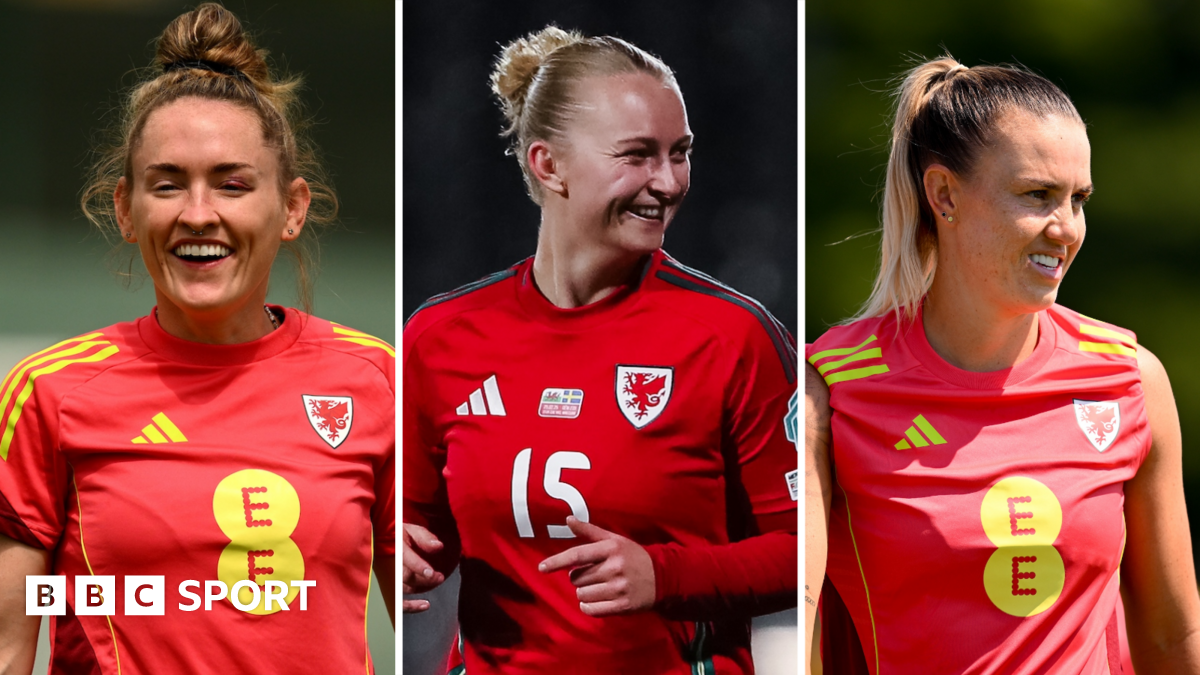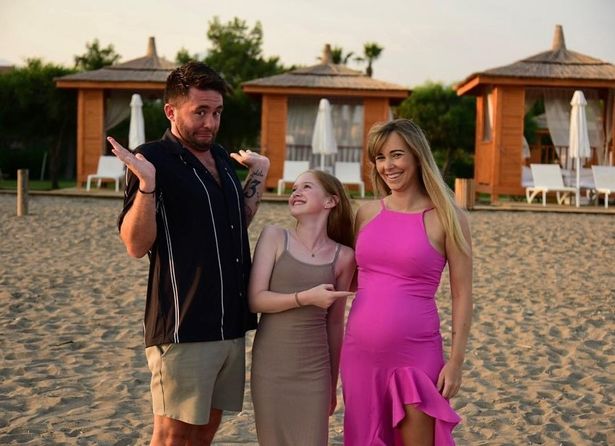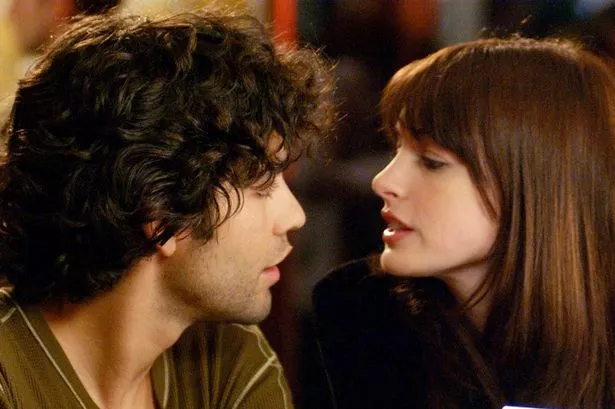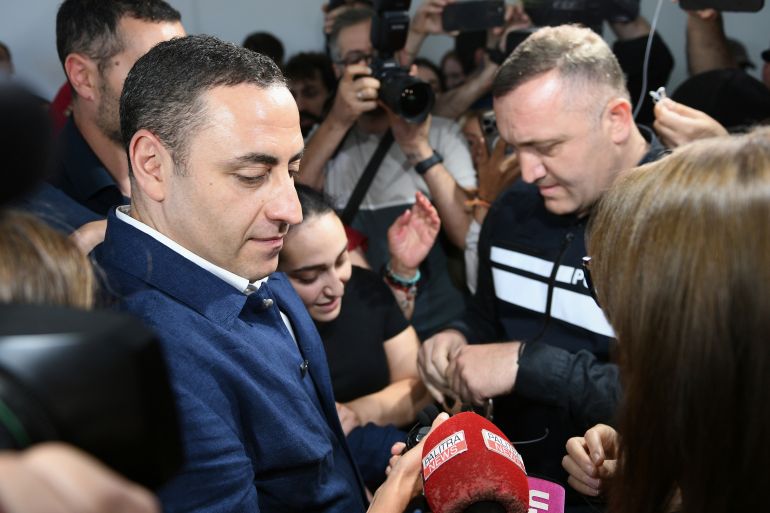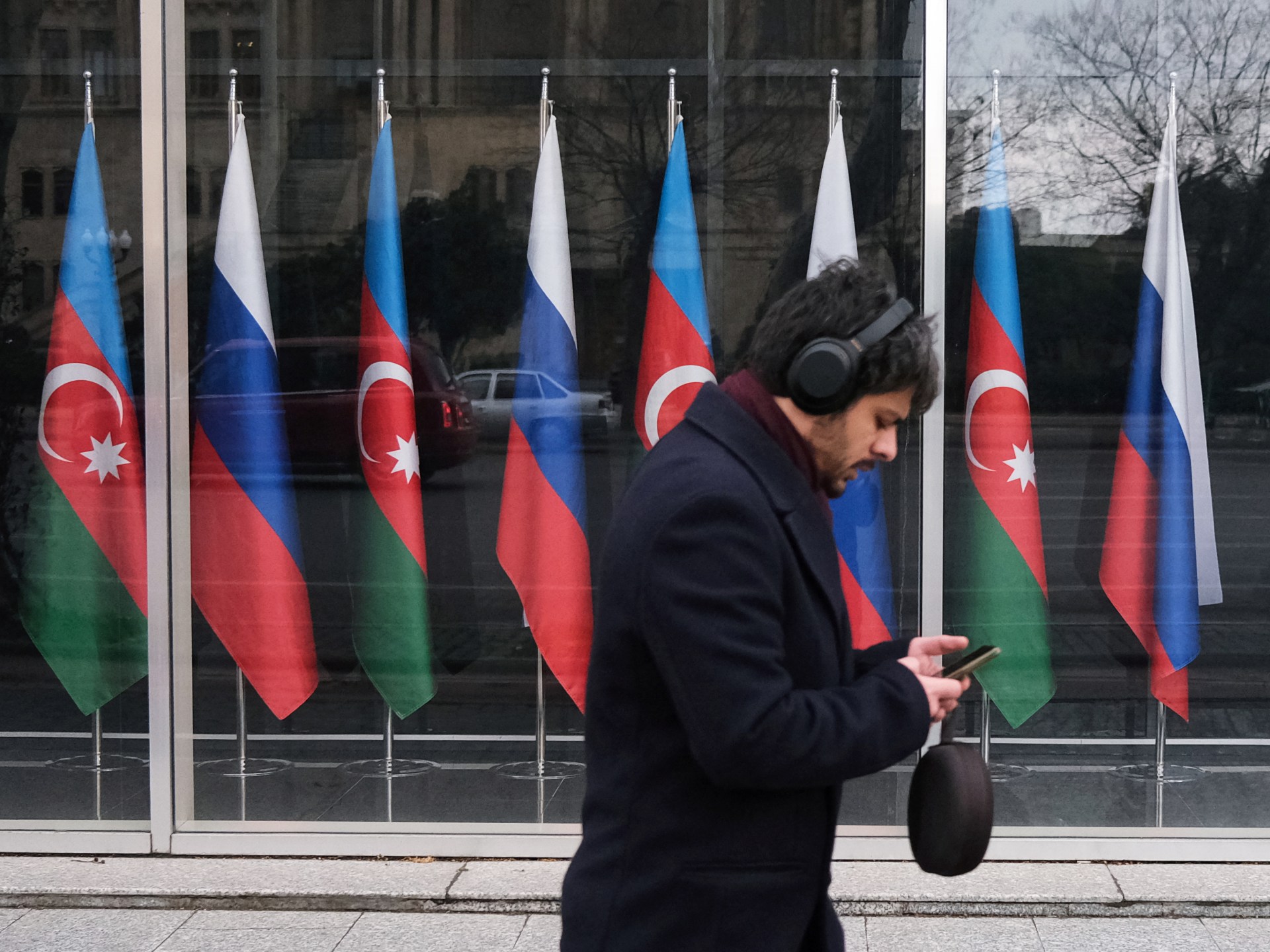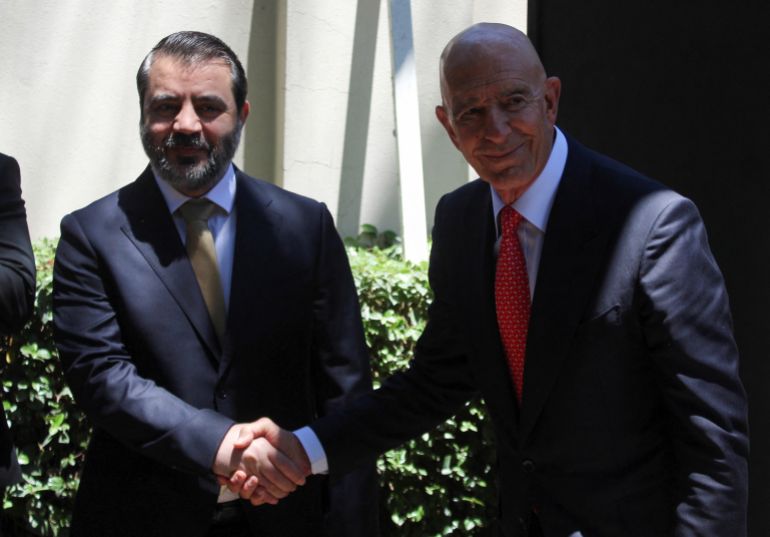In 2001, a man was stabbed to death near a lakeside restaurant in Yekaterinburg, an urban centre in Russia’s Ural Mountains region.
With his dying breath, he whispered the names of his alleged killers to the police, local media claimed.
The man and his presumed murderers were ethnic Azeris, Turkic-speaking Muslims whose families fled to Russia in the 1990s after the war in Nagorno-Karabakh, an Azeri region dominated by ethnic Armenians.
But it took Russian authorities 24 years to identify and detain the presumed suspects – even though they ran the restaurant and never went into hiding.
Two alleged suspects died while being rounded up on Friday. One suffered a “heart attack” while the other suspect’s cause of death “is being established”, according to Russian prosecutors.
They also purported that the suspects were part of “a criminal group” allegedly involved in other murders and the sale of counterfeit alcohol that killed 44 people in 2021.
The prosecutors provided no answers as to why the presumed “criminals” were at large for so long – and did not elaborate on the apparently brutal manner in which they were detained.
The deaths triggered a diplomatic storm that may contribute to a tectonic shift in the strategic South Caucasus region, Russia’s former stamping ground, where Azerbaijan won Nagorno-Karabakh back in 2020, and Turkiye is regaining its centuries-old clout.
Azerbaijan slams Russia’s ‘unacceptable violence’
The spat has so far resulted in the arrest of two Russian intelligence officers in Azerbaijan, the shutdown of a Kremlin-funded media outlet there, and the cancellation of “cultural events” sponsored by Moscow.
Russian police and intelligence officers used “unacceptable violence” that killed two brothers, Ziyaddin Safarov and Gusein Safarov, and left their relatives severely injured, Azerbaijan’s Ministry of Foreign Affairs said on Saturday.
One of the injured men reportedly said masked officers began breaking his front door at dawn, frightening his children.
The officers “turned the house upside down and kept beating us for an hour without asking anything”, Mohammed Safarov told the MediaAzNews website.
He said his elderly father was also beaten and electrocuted for hours and claimed they were both requested to “volunteer” to fight Russia’s war in Ukraine.
Other Azeri media outlets published photos of bruises and wounds the men claimed were caused by Russian officers.
Kremlin spokesman Dmitry Peskov said on Monday, in response to a question about Azerbaijan’s reactions, “We sincerely regret such decisions”.
He added, “We believe that everything that’s happening (in Yekaterinburg) is related to the work of law enforcement agencies, and this cannot and should not be a reason for such a reaction. ”
But Emil Mustafayev, a political analyst based in Azerbaijan’s capital, Baku, said the incident highlighted a xenophobic strain in Russia.
“The killing of Azeris is a link in the chain of tendentious politics where ethnic minorities are used as a lightning rod,” he said. “This is not just a tragedy, this is a symptom of a deep sickness of the Russian society. ”
The Azeri diaspora in Russia is at least two million strong, but they face discrimination, police brutality and hate attacks.
“The Kremlin has long ago mastered a trick – when domestic dissent is on the rise, there is a need to switch attention to ‘the enemies from within’, be that Ukrainians, Tajiks, Uzbeks or, like now, Azeris,” Mustafayev added.
The Kremlin uses state propaganda, police brutality and the taciturn approval of top officials to create an atmosphere of violence against migrants that is “seen as normal, as inevitable”, he said.
Back in the 1990s, Azeri migrants nearly monopolised fruit trade and mini-bus transportation in Russian urban centres.
Many still run countless shops selling vegetables and flowers.
“We are the boogeymen, cops always need to check our documents and need no excuse to harass us and call us names even after they see my Russian passport,” an ethnic Azeri owner of a flower shop near a major railway station in Moscow told Al Jazeera, on condition of anonymity.
Until the early 2000s, the Azeris “undoubtedly were the number one” most-hated ethnic minority in Russia, until the arrival of labour migrants from Russia’s North Caucasus and ex-Soviet Central Asia, said Nikolay Mitrokhin, a researcher with Germany’s Bremen University.
Since then, some ultra-nationalists and skinheads who considered Azeris their main enemies joined law enforcement agencies, he added.
“So, the cruelty in Yekaterinburg may have been caused by” the decades-old hatred, Mitrokhin told Al Jazeera.
Strained ties
Other geopolitical factors contributed to anti-Azeri sentiments in Russia.
In 2020, Azerbaijan put an end to the seemingly unsolvable political deadlock over Nagorno-Karabakh.
“The success undoubtedly became possible thanks to Turkiye’s military aid,” Alisher Ilkhamov, head of Central Asia Due Diligence, a think tank in London, told Al Jazeera.
Baku bought advanced Turkish-made Bayraktar drones that could easily strike large groups of Armenian and separatist soldiers, together with their trenches, tanks and trucks.
An Azeri-Turkish alliance emerged, “allowing Baku to get rid of Moscow’s obtrusive ‘peacekeeping’ mission and depriving it of a chance to manipulate the Azeri-Armenian conflict to keep both [Azerbaijan and Armenia] in its political orbit”, he said.
The alliance tarnished Moscow’s clout in South Caucasus, while Baku sympathised with Kyiv in the Russian-Ukrainian war, he said.
Azerbaijan’s President Ilham Aliyev also accused Russia of obstructing an investigation into the downing of an Azeri passenger plane over Chechnya last December.
The plane was apparently hit by panicking Russian air defence forces during a Ukrainian drone attack on Grozny, Chechnya’s administrative capital.
Aliyev also refused to take part in the May 9 parade on Moscow’s iconic Red Square to commemorate Russia’s role in defeating Nazi Germany in 1945.
Baku fiercely resists the Kremlin’s campaign to forcibly enlist Azeri labour migrants to join Russia’s war effort in Ukraine.
